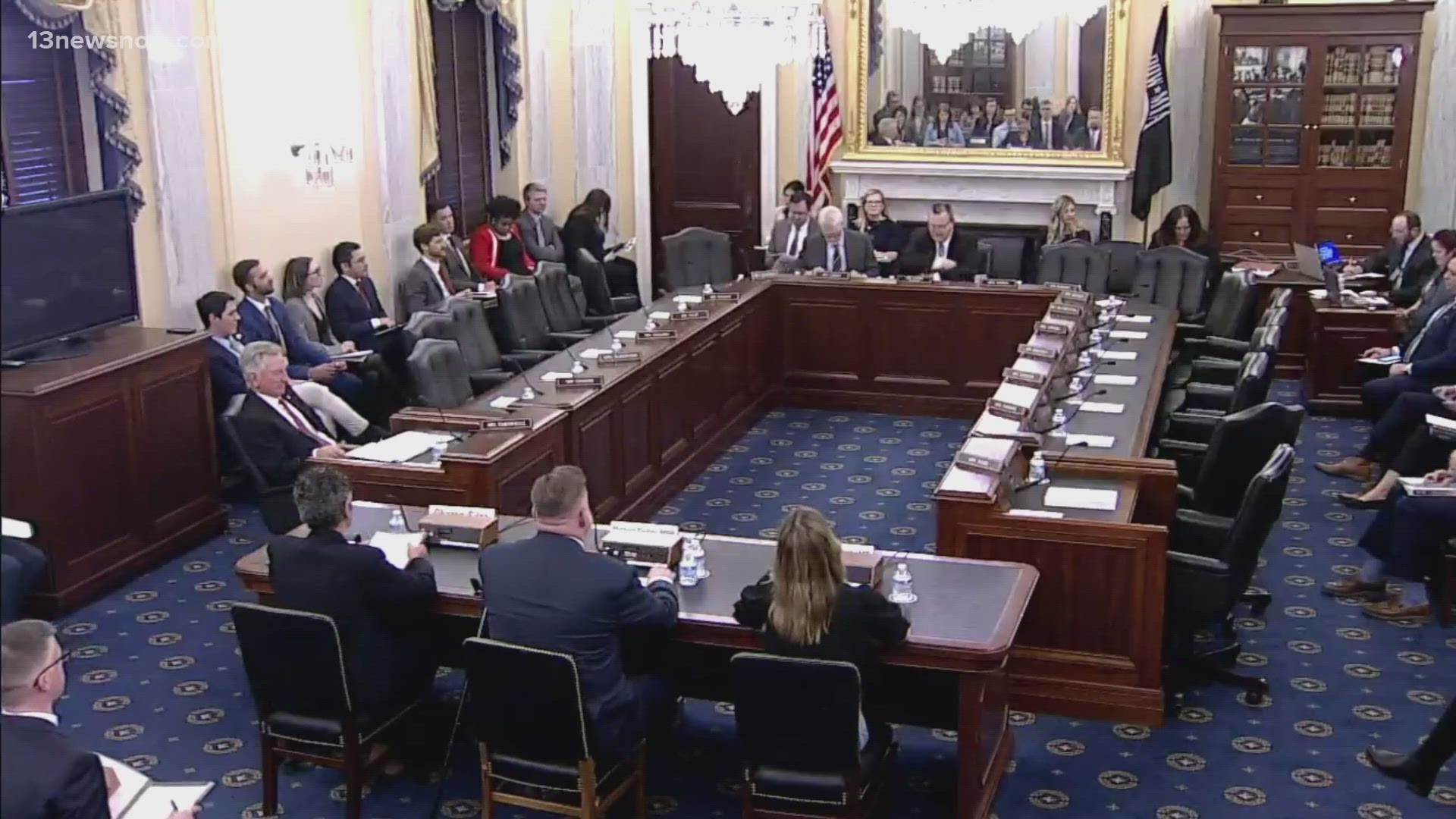WASHINGTON — The nation's 300 Department of Veterans Affairs (VA) Community counseling agencies — known as Vet Centers — have a mission to help veterans adjust to civilian life after military service.
But they're failing to assess and document suicide risks consistently for clients experiencing post-traumatic stress disorder, depression or military sexual trauma, according to the U.S. Department of Veterans Affairs Office of Inspector General.
"We repeatedly find evidence of noncompliance with many required processes, most notably those for assessing and documenting a veteran suicide risk," said Julie Kroviak, Principal Deputy Assistant Inspector General in the VA's Office of Healthcare Inspections. "Further, our teams are finding repeated failures in oversight of staff training and supervision. These deficiencies can have severe consequences."
At a Senate Veterans' Affairs Committee hearing last week, lawmakers were told there are "chronic" staffing shortages affecting the centers' ability to meet demand for counseling.
The VA said it's working harder to fill open positions sooner.
"Last year was 154 days. Fiscal year to date we are at 104 days and looking for efficiencies in bringing people on faster," said Michael Fisher, Chief Officer for the Veterans Health Administration's readjustment counseling service.
But Sen. Jon Tester (D-Montana) interjected: "But, if your salaries are substandard, you're going to have a hard time getting anybody, much less good people to go to work for you, wouldn't you agree with that?'
"I would agree with that," Fisher responded.
The VA's latest National Veteran Suicide Prevention Annual Report is the largest national analysis of veteran suicides through 2021. The report, published in November 2023, revealed that 6,392 veterans died by suicide in 2021.
That's 114 more veterans to die by suicide than in 2020.
If you are a veteran in a mental health crisis and are thinking about self-harm, call the National Suicide and Crisis Lifeline at 988.

